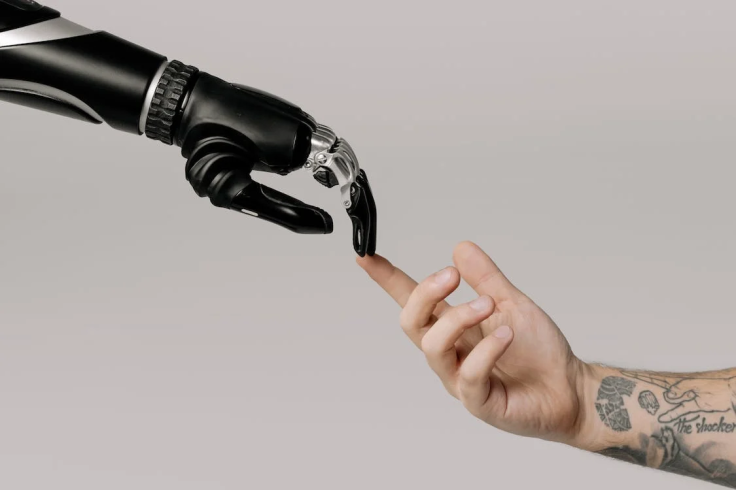University of New Haven Faculty Discuss Role of Professors in New Age of Artificial Intelligence
ByIn the realm of higher education, the integration of artificial intelligence (AI) is rapidly transforming the landscape, raising pertinent questions about the role of educators and the future of learning. Dr. Bruno Barreto de Góes, an assistant professor of management, recently spearheaded a conversation at the University's Center for Teaching Excellence, bringing together faculty members to grapple with the challenges and opportunities presented by AI.

AI as a Tool, Not a Replacement
Dr. Barreto de Góes, who has utilized AI tools in his educational endeavors, advocates for a nuanced approach. While AI excels in certain tasks like grading assignments, he emphasizes that it should be viewed as a complement rather than a substitute for human educators. The question he poses to colleagues is not whether AI is here to stay - it undoubtedly is - but rather how educators can harness it ethically and intelligently to enhance the learning experience.
The conversation takes a deep dive into the rapid advancement of AI, especially since the launch of ChatGPT. Dr. Barreto de Góes notes that AI could achieve human-level capabilities sooner than expected, outpacing technological growth exponentially. With the technology's user base surging to a hundred million in just two months, concerns about AI replacing jobs, including those in education, come to the forefront.
The Human Experience in Education
One poignant observation shared during the conversation revolves around the unique value that human educators bring to the table. Dr. April Yoder, an associate professor of history, highlights the essence of education as a human experience. While artificial intelligence might facilitate the dissemination of knowledge, the curation of that knowledge is a distinctly human endeavor, asserting the irreplaceable role of educators in guiding and shaping students.
Several faculty members emphasize the irreplaceable nature of hands-on experience, particularly in scientific disciplines. Dr. Nikolas Stasulli, an assistant professor in the Biology and Environmental Science Department at the University of New Haven, underscores that AI cannot provide the tactile learning experiences that are essential for certain skills. The human touch, guidance, and the opportunity to ask novel questions are considered pivotal elements of a complete education.
AI's Limitations and the Importance of Community
While AI may democratize certain aspects of education, faculty members stress that it has inherent limitations. The human element - the mentor-student relationship, community building, and personalized guidance - remains an indispensable aspect of university education. The sentiment is echoed by Dr. Michael Rossi, associate dean for faculty and curriculum, who questions what keeps learners on track and underscores the role of the human connection.
In response to the transformative potential of AI, Dr. Sheahon Zenger, interim president of the University, calls for the establishment of a think tank to delve deeper into AI's impact on education. Acknowledging the hunger among students to understand this evolving landscape, he emphasizes the enduring significance of the human experience in education.
Dr. Barreto de Góes envisions a recalibration of the traditional classroom experience. As AI takes on more explicit knowledge dissemination, he sees an increased emphasis on experiential learning. Shifting lecture materials online, he dedicates class time to hands-on projects, aligning with the University's mission to prioritize experiential education.
In navigating the AI landscape in higher education, the consensus among educators is clear: while AI may revolutionize certain aspects of learning, the essence of education lies in the human touch, mentorship, and the shared experiences that shape students into well-rounded individuals. It's not about AI replacing educators; it's about educators leveraging AI to enrich the educational journey for the next generation.
RELATED ARTICLE : Rise Of AI And ChatGPT Encourages Collaboration With Academic Writers
© 2026 University Herald, All rights reserved. Do not reproduce without permission.








